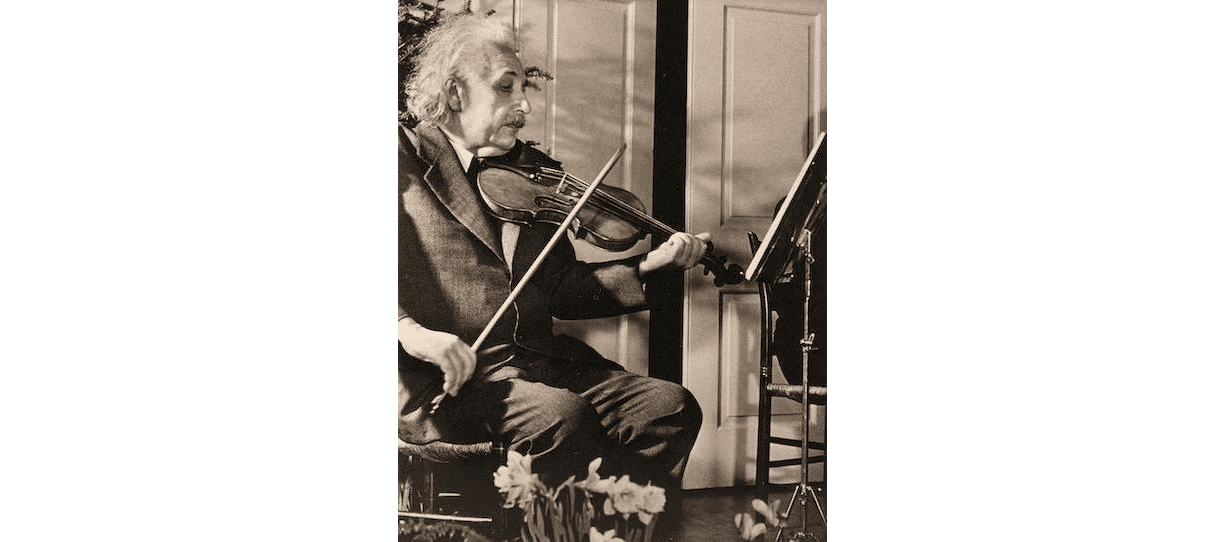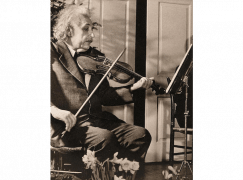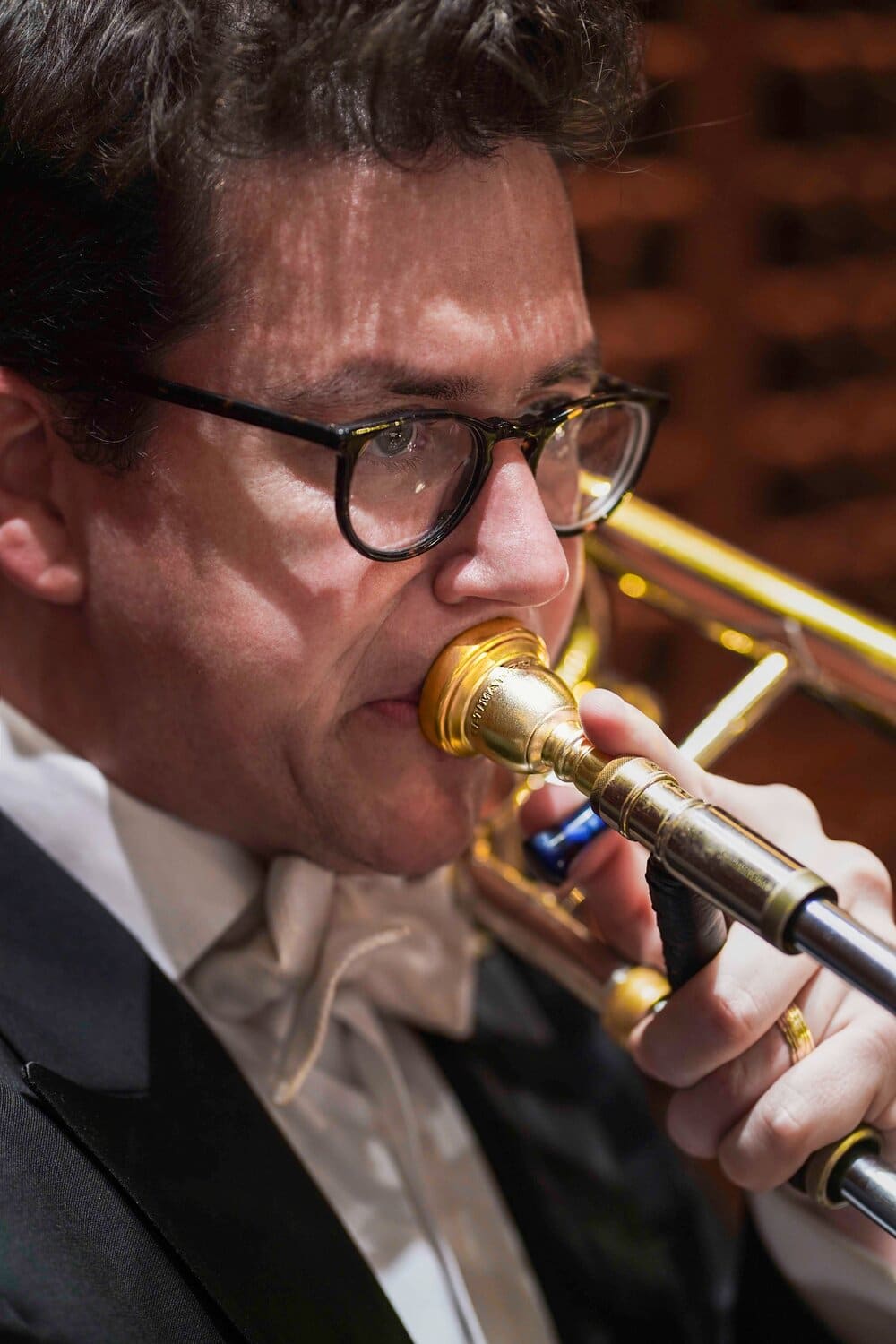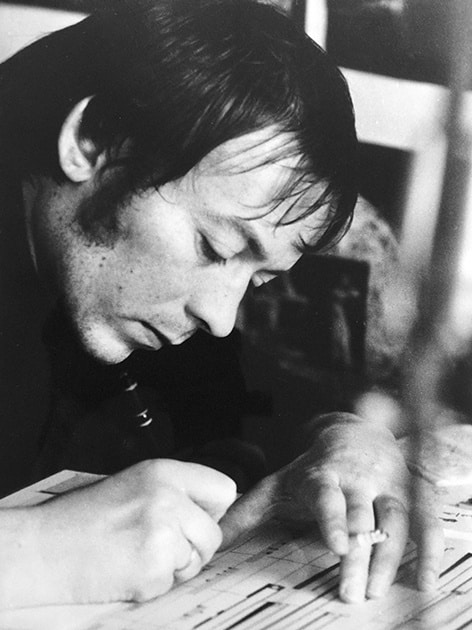The shrink who claimed practice makes genius
mainThe death has been reported of Anders Ericsson, a professor of psychology at Florida State University, who prescribed a hard slog of ‘deliberate practice’ in order to reach genius level in music and sport. He was 72.
His most famous study, published in 1993, claimed that 10,000 hours of violin practice would turn an average teenager into an international virtuoso. Educated at Stockholm University, his seminal work was titled Protocol Analysis: Verbal Reports as Data.
He worked very hard to achieve 15 minutes of fame.







Comments